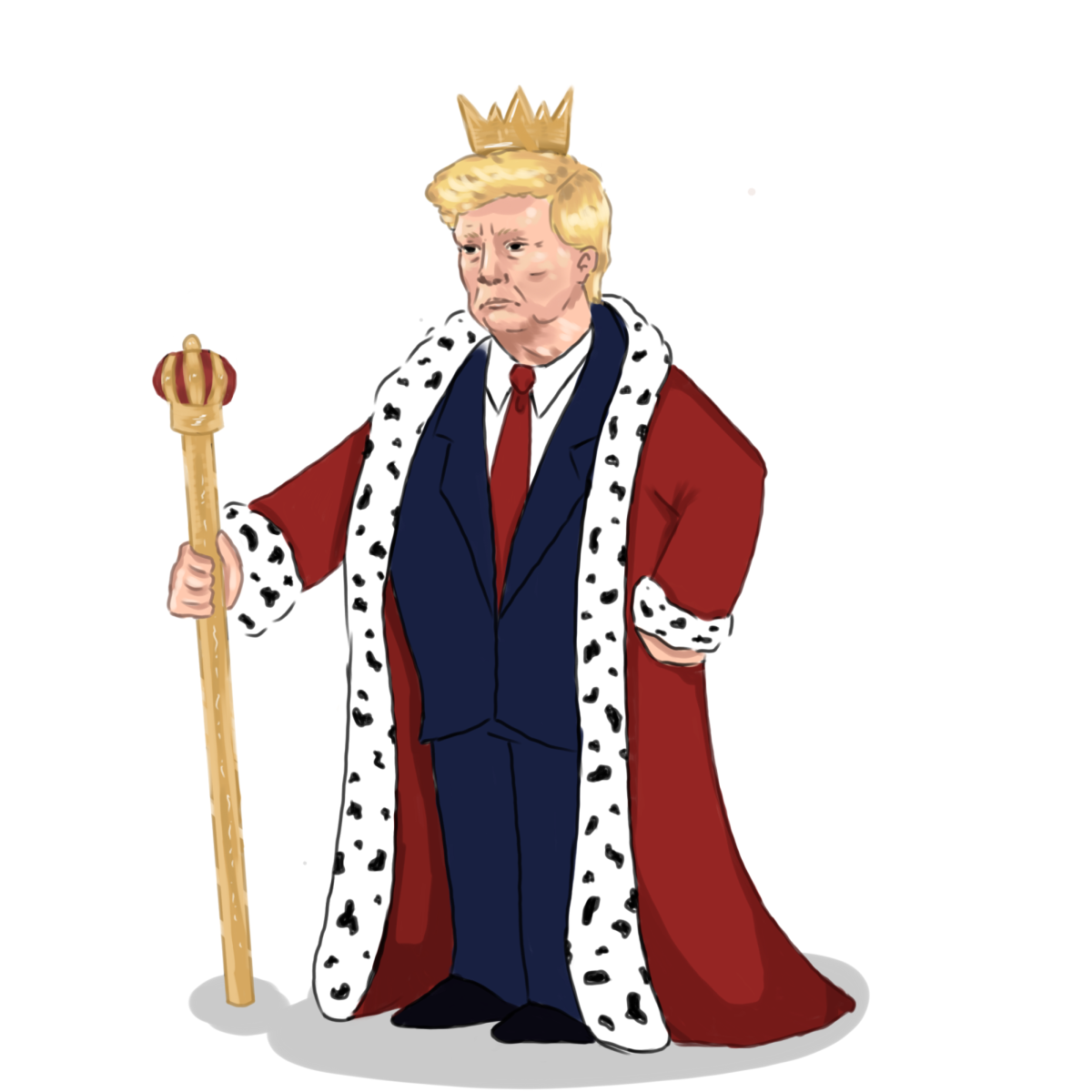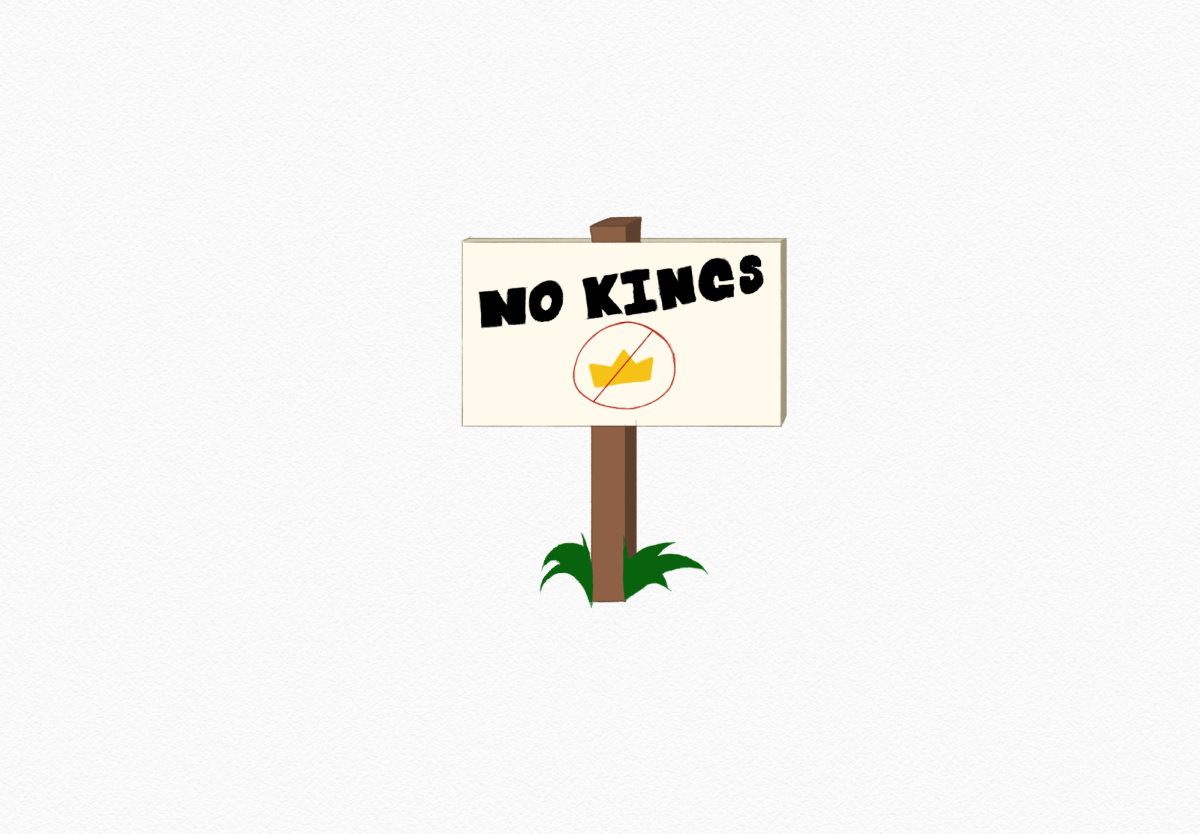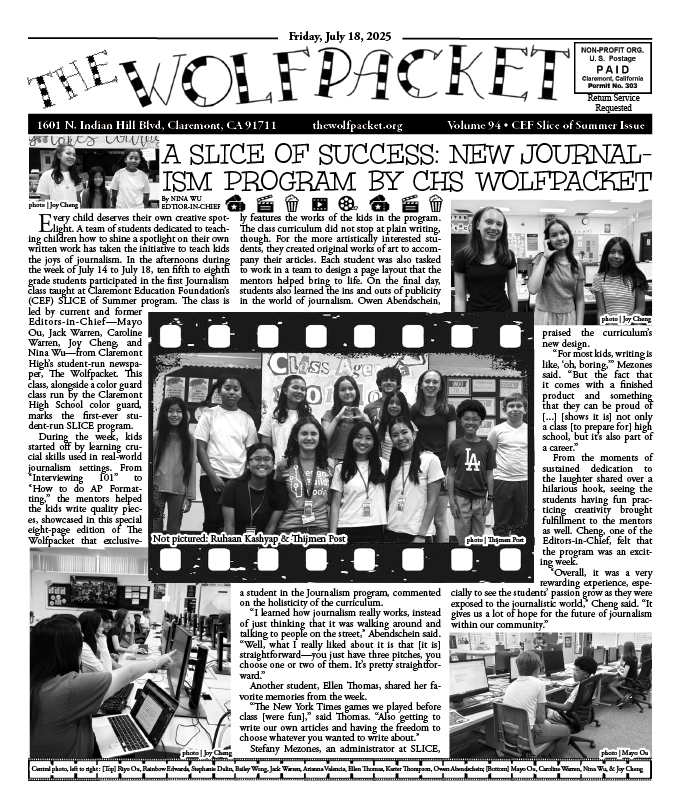The founder of Facebook, Mark Zuckerberg, has been jokingly referred to as a lizard, AI-generated individual, and most of all, ruthless. Despite common criticisms, Meta remains what some consider a big tech monopoly. After the former Facebook employee Frances Haugen blew the whistle in 2021 to reveal the company’s practices associated with data collection (especially that of children), the company was expected to divest more information to the government and public. However, the opposite is seen to be true today, as yet another whistleblower has stepped into the light to check the company’s power.
Sarah Wynn-Williams, the former director of Global Public Policy at Facebook, grew nauseous as she witnessed Facebook’s repeated cooperation with Chinese officials to censor undesirable data. Whistleblowing is certainly a mountainous task: it potentially terminates all future employment opportunities in prior work industries. Even with this knowledge, Wynn-Williams thought it was her obligation to speak out.
One of her greatest concerns was, of course, the aforementioned censorship. Her words were recorded in a U.S Senate hearing on April 10, 2025.
“The greatest trick Mark Zuckerberg ever pulled was wrapping the American flag around himself and calling himself a patriot and saying he didn’t offer services in China, while he spent the last decade building an $18 billion business there,” Wynn-Williams said.
Criticism of Facebook currently runs rampant through American media, even on Meta’s own platforms. This is largely due to the lack of accountability Facebook has had over the last decade; the company’s history is riddled with errors and controversy, while still failing to be properly addressed by the government officials in Congress. As Business Insider reported, controversies range from the 2016 presidential election misinformation scandal, the 2018 incitement of the Rohingya genocide, and repeated failure to combat political manipulation from foreign governments. Although our government is well aware of the issues omnipresent at Facebook, the most notable action Congress has ever taken is fining the company $6 billion in 2019. Even after Facebook was deemed a monopoly by Congress, claiming they would regulate it, there is still a significant lack of reforms to check back against the tech giants’ tactics.
All allegations stemming from Wynn-Williams have been hard denied by the Facebook team. Meta Spokesman Ryan Daniels, known for his loyalty to the company and Zuckerberg, issued public statements defending the company’s name.
“Sarah Wynn-Williams’ testimony is divorced from reality and riddled with false claims,” Daniels said. “The fact is this: we do not operate our services in China today.”
Although it has had repeated whistleblowing incidents across its time in the market, Facebook’s playbook has remained relatively the same: deny, deny, deny. Similar to now, during Meta’s acquisition of Instagram, it denied any claims made against it in federal court, which accused it of being a monopoly, with lawyers claiming TikTok and other companies make up more than enough competition with Facebook.
If we know anything about Facebook, what is clear is that it believes power stays in the dark. Censorship, anti-regulation lobbying, and denial continue to shape the future of Facebook’s journey in the social media sector. Wynn-Williams issued a grim warning in her Senate hearing.
“One thing the Chinese Communist Party and Mark Zuckerberg share is that they want to silence their critics.” If this is true, the consequences of Zuckerberg and Facebook’s actions will only continue to shape a darkening social media landscape.


















